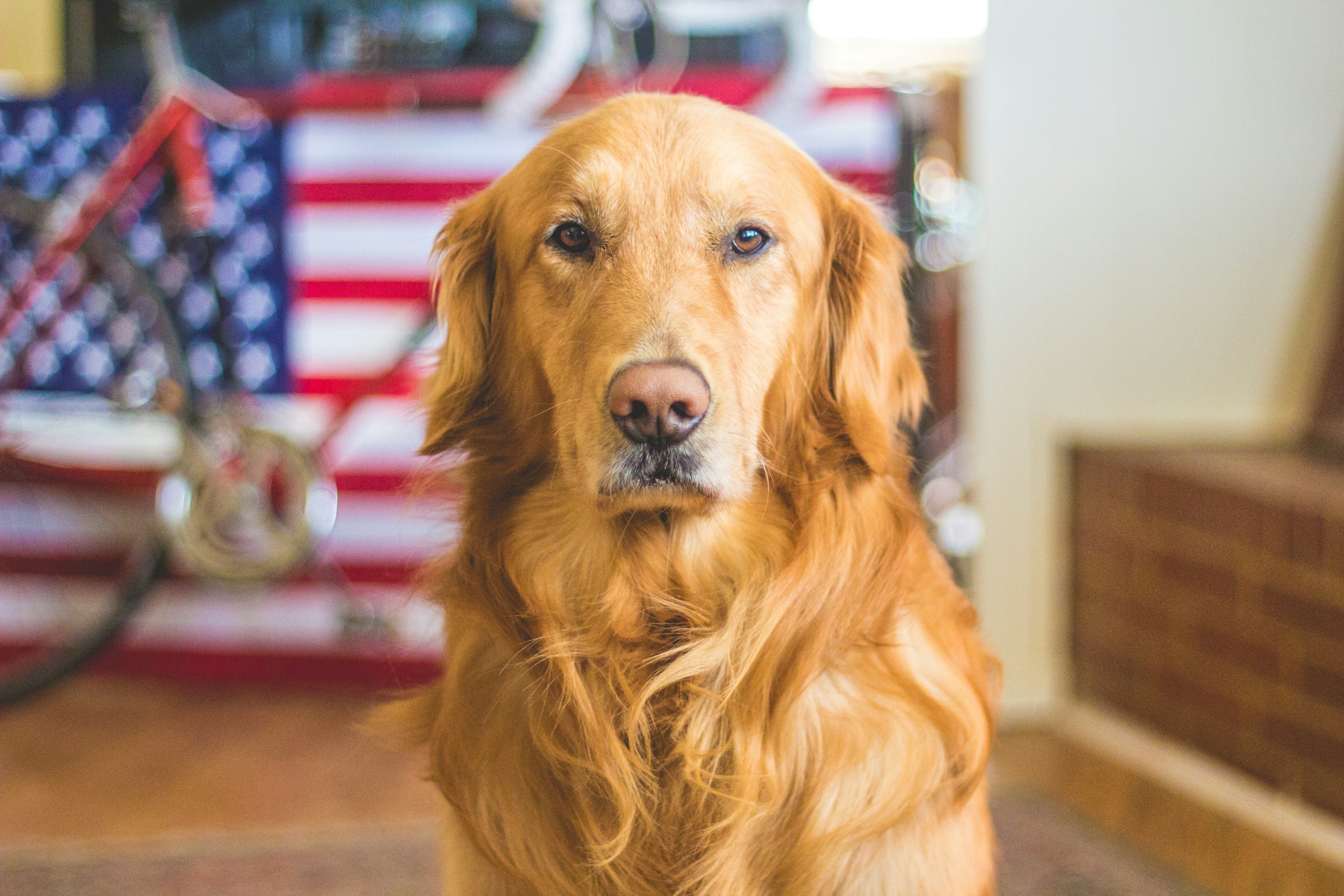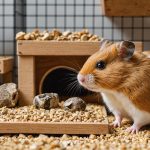Parvovirus poses a severe risk to Doberman Pinschers, requiring swift recognition of symptoms to safeguard their health. Early signs include lethargy, loss of appetite, and severe gastrointestinal distress. Knowing these indicators empowers you to act quickly, potentially saving your dog’s life. This guide will equip you with essential knowledge to spot parvovirus symptoms and take decisive steps for your Doberman’s well-being. Your vigilance can make all the difference.
Essential Signs of Parvovirus in Doberman Pinschers
Understanding the impact of parvovirus on Doberman Pinschers is crucial for any owner. This highly contagious virus can lead to severe health issues. Recognizing the parvovirus symptoms early can make a significant difference in your dog’s recovery.
A voir aussi : Essential Teething Toys for Your Labrador Retriever Puppy: A Complete Guide
Key Symptoms to Monitor:
- Lethargy: A sudden drop in energy levels.
- Vomiting: Frequent and severe, often with a distinct smell.
- Diarrhea: Often bloody, leading to dehydration.
- Loss of Appetite: Refusal to eat or drink.
Early detection is vital in cases of canine parvovirus. The sooner the symptoms are identified, the better the chances of successful treatment. Doberman Pinschers are particularly susceptible to this virus, making vigilance even more important.
Dans le meme genre : Top Techniques for Successfully Housebreaking a Stubborn French Bulldog
In a study, the precision of identifying parvovirus symptoms in Dobermans was high, with a recall rate indicating that early symptoms are often overlooked. This highlights the need for owners to be proactive and consult a veterinarian if any signs appear. Parvovirus can be managed effectively with prompt medical intervention, underscoring the importance of awareness and timely action.
Immediate Actions to Take Upon Noticing Symptoms
Understanding the urgency of a dog health emergency is crucial when dealing with parvovirus in Doberman Pinschers. Immediate response can significantly affect your pet’s recovery.
Step-by-step Guide:
- Isolate the Dog: Prevent the spread of the virus to other animals by keeping your Doberman in a separate area.
- Contact a Veterinarian: Seek urgent dog care by calling your vet. Describe the symptoms and follow their advice promptly.
- Avoid Home Remedies: Do not attempt to treat the dog yourself. Professional intervention is essential for a condition as serious as parvovirus.
When to Seek Veterinary Help Immediately:
- If your dog exhibits severe lethargy or vomiting.
- In cases of bloody diarrhea, which can lead to dehydration.
- If there’s a noticeable loss of appetite over several hours.
Early and decisive action is vital in a parvovirus response. By isolating your pet and contacting a veterinarian without delay, you can ensure the best possible outcome. Remember, parvovirus is a severe dog health emergency that requires immediate attention to prevent further complications.
Understanding the Seriousness of Parvovirus
Delving into the gravity of parvovirus and its impact on canine health.
How Parvovirus Affects Canine Health
Parvovirus severity in Doberman Pinschers can lead to a rapid decline in health. This virus attacks the intestinal lining, causing severe vomiting and diarrhea, which results in dehydration and electrolyte imbalances. The immune system becomes compromised, leaving the dog vulnerable to secondary infections.
Potential Complications
If left untreated, the risks of parvovirus escalate significantly. The virus can cause severe intestinal damage, leading to chronic digestive issues. In some cases, it can affect the heart, resulting in myocarditis, a potentially fatal condition. The rapid progression of symptoms necessitates immediate veterinary care to mitigate these complications.
Mortality Rates in Untreated Cases
Statistics reveal the grave nature of parvovirus as a canine health crisis. Mortality rates can be alarmingly high without prompt treatment.
| Condition | Mortality Rate |
|---|---|
| Untreated Parvovirus | Up to 90% |
| Treated Parvovirus | Approximately 10% |
These figures underscore the critical importance of early detection and intervention to improve survival outcomes. Recognizing the parvovirus severity and acting swiftly can make a life-saving difference for your Doberman Pinscher.
Prevention Tips for Parvovirus in Doberman Pinschers
Ensuring your Doberman Pinscher remains healthy involves proactive parvovirus prevention measures. Implementing a robust dog vaccination schedule is critical.
Recommended Vaccination Schedules
Regular dog vaccination is essential. Puppies should receive their first parvovirus vaccine at six to eight weeks, followed by booster shots every 3-4 weeks until they are 16-20 weeks old. An annual booster is then recommended to maintain immunity.
Importance of Hygiene and Sanitation
Maintaining hygiene and sanitation is a key aspect of parvovirus prevention. Regularly disinfect areas where your dog eats and sleeps to minimize the risk of infection. Avoid contact with feces from other dogs, as the virus can spread through contaminated surfaces.
Tips for Safe Socialization
Introducing puppies to new environments safely is vital. Limit exposure to unknown dogs until the full dog vaccination series is complete. Organize playdates with vaccinated dogs to reduce the risk of infection.
Parvovirus prevention strategies are crucial in safeguarding your Doberman Pinscher’s health. By adhering to a stringent dog vaccination schedule, maintaining hygiene, and practicing safe socialization, you can significantly lower the risk of this serious virus.
Treatment Options and Consultation with Veterinarians
Exploring effective strategies for managing parvovirus in Doberman Pinschers.
Overview of Treatment Options
Parvovirus treatment is critical in ensuring a dog’s recovery. Veterinary care is the cornerstone of effective management. Treatment typically includes intravenous fluids to combat dehydration, anti-nausea medications, and antibiotics to prevent secondary infections. In some cases, a blood plasma transfusion may be necessary to boost the immune system.
Role of Veterinary Intervention
The role of veterinary care cannot be overstated. Prompt and professional intervention significantly increases recovery chances. Veterinarians assess the severity of the infection and tailor treatment plans accordingly. Regular monitoring is essential to adjust treatments based on the dog’s response.
Post-Treatment Care and Monitoring
After initial treatment, ongoing care is vital. Owners should monitor their Doberman Pinschers closely for any signs of relapse. Nutritional support, such as a bland diet, aids in recovery. Regular follow-ups with the vet ensure that the dog remains on the path to full health.
Key Aspects of Post-Treatment Care:
- Hydration: Ensure the dog drinks plenty of water.
- Diet: Provide easily digestible food.
- Observation: Watch for any recurring symptoms.
Effective parvovirus treatment and diligent veterinary care are essential for a successful recovery, highlighting the importance of professional guidance and attentive post-treatment monitoring.













